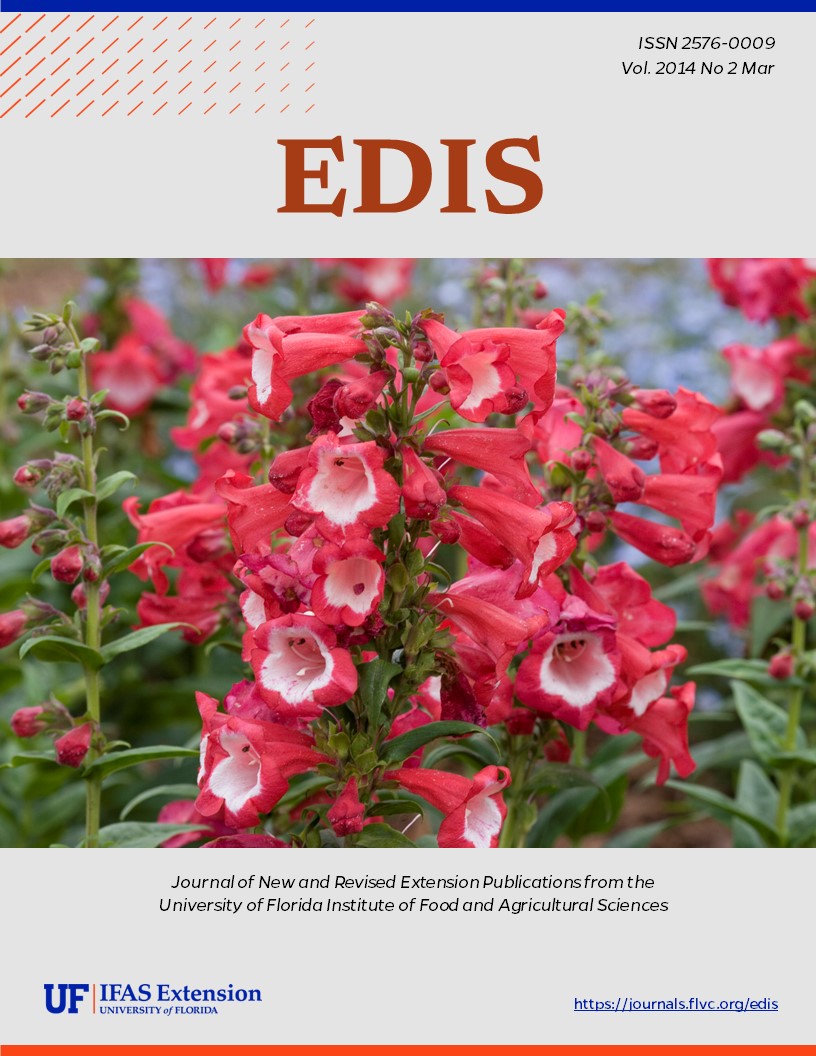Abstract
Water is essential for turf growth. It is required for germination, photosynthesis, and as a part of the turf. Most of the water absorbed by turf is transpired through the leaves into the atmosphere. This water moves nutrients from the soil into the plant, but equally important, it eliminates heat buildup from solar radiation.
The water applied by an irrigation system will evaporate from the soil and be transpired from plant surfaces. Evaporation and transpiration (evapotranspiration) depend mostly on the climate around the plant; thus, the amount of water used by turf changes with the seasons. This document explains what to do for a well-managed turf.
References
Augustine, B.J., and C.H. Peacock. 1984. Mowing Your Florida Lawn. Fact sheet OH-10. Gainesville: University of Florida Institute of Food and Agricultural Sciences.
Smith, G.S. Fertilizing Your Florida Lawn. 1985. Fact Sheet OH-20. Gainesville: University of Florida Institute of Food and Agricultural Sciences.
Smajstrla, A.G., D.S. Harrison, and F.X. Duran. 1984. Tensiometers for Soil Moisture Measurement and Irrigation Scheduling. Circular 487. Gainesville: University of Florida Institute of Food and Agricultural Sciences.

This work is licensed under a Creative Commons Attribution-NonCommercial-NoDerivatives 4.0 International License.
Copyright (c) 2014 UF/IFAS

